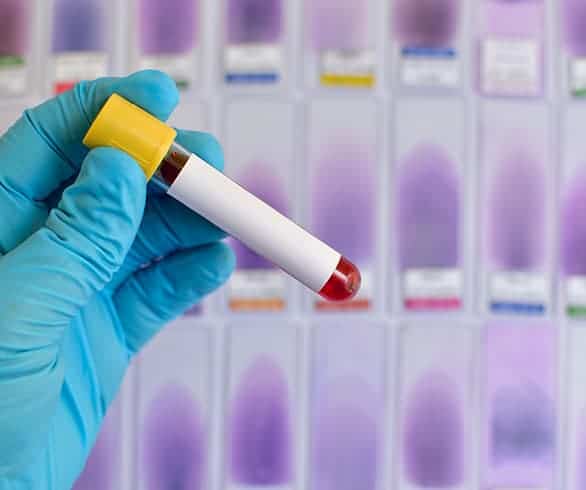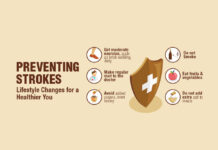
Women have come a long way in terms of sexual freedom and education. Compared to past generations, millennial women have greater access to information and healthcare so they can take charge of their sexual health. But, it seems that amid the female revolution men have not been held to the same standard.
According to a survey of 1,454 millennials by Cosmopolitan, young women are both more likely to get tested for sexually transmitted infections (STI’s) and to start a conversation with their sexual partner about them. A third of female respondents claimed they had been tested within six months, compared to only 20% of male respondents. Worryingly, a third of men admitted to never being tested at all versus the 1 in 10 women who said the same.
This troubling issue may be partly due to the accessibility of reproductive healthcare. Women usually begin getting Pap smears in their teen years and STI testing can easily be added on. Women also require regular doctor’s visits once they start taking birth control. On the other hand, young men do not require any annual reproductive health examinations and are not usually recommended STI testing unless they already have symptoms or ask for one.
The responsibility to be sexually healthy rests heavily on women’s shoulders. There are still no contraceptive methods for men nearly 60 years after the FDA approved the first birth control. This lack of male contraception has left the responsibility wholly to women, causing men to have less sexual health knowledge and know-how simply because they just don’t have to think about it as much.
This imbalance goes beyond the doctor’s office and into the bedroom — a recent study of heterosexual college-age men revealed that 91% of those men orgasmed most or all of the time during sex. Yet, only 39% of their female counterparts made the same claim. This gap isn’t due to female orgasms being harder to achieve than men’s. It is simply due to a lack of attention to female pleasure.
At the end of the day, men need to be a part of the solution. People need to advocate and encourage regular STI testing for both genders. Men also need to recognize the importance of having conversations about their sexual health, contraception, and sexual pleasure with their partners. This will all lead to a healthier and more satisfied generation of sexually active men and women.










